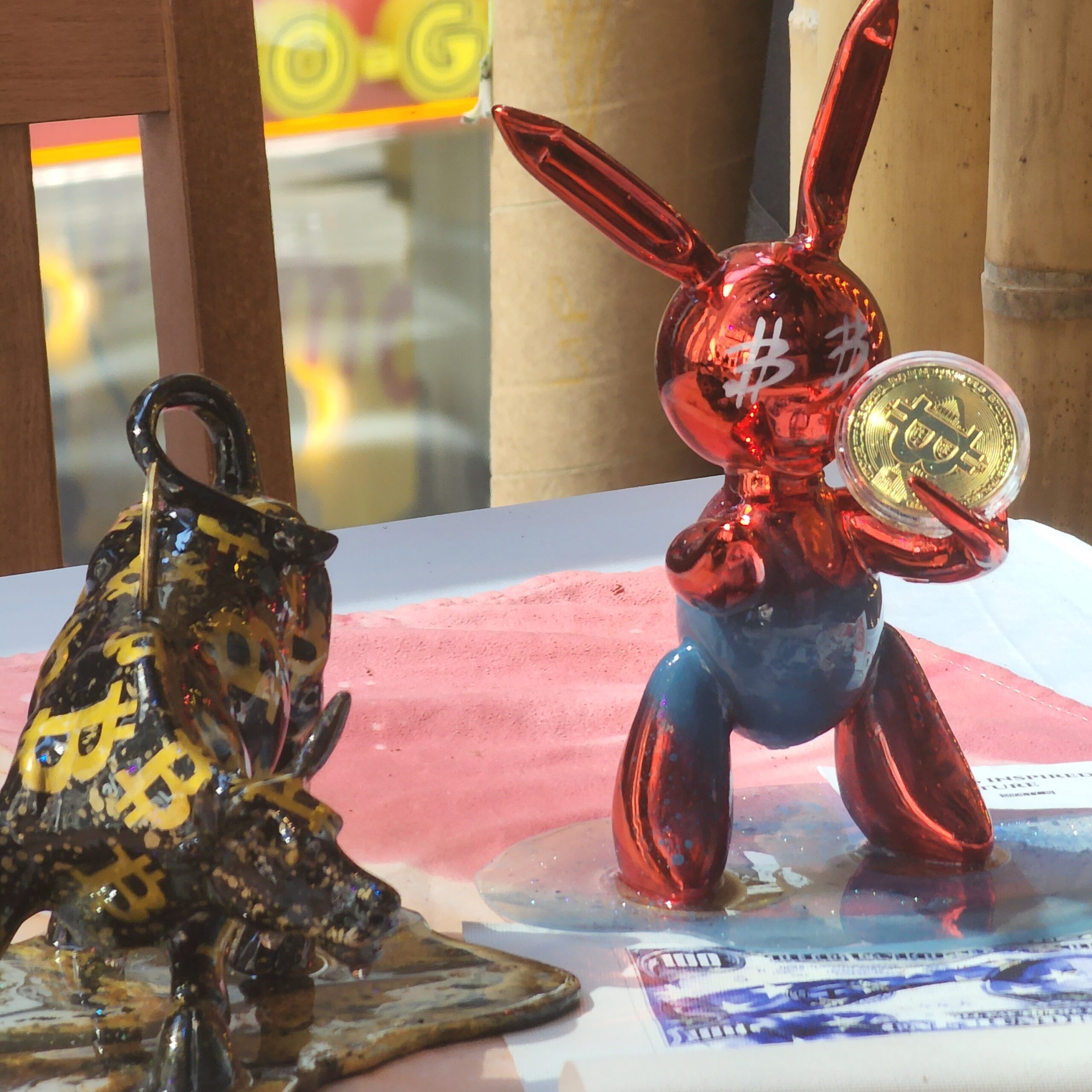Cryptocurrency is a rapidly-growing market. This is not breaking news. You probably know both sides of the coin (so to speak): crypto has made kings —and paupers. But those wins and losses don’t necessarily come from winners picking good coins and losers picking bad ones.
It is possible to talk to two people who have both invested in Dogecoin, but one lost money and the other gained a profit. Whether you gain or lose can depend largely on timing. This is because cryptocurrency is an incredibly topsy-turvy investment. All cryptocurrencies experience huge fluctuations in their valuation—a concept known on Wall Street as volatility.
In one day, Bitcoin’s value dropped 30%. But, why? This question brings up something that we often forget with cryptocurrency: it isn’t intrinsically valuable. There isn’t gold or diamonds or anything backing up crypto’s value. At no point did the U.S. Treasury say, “Yes, any time someone wants to bring us Bitcoin, we will give them X number of dollar bills from our reserves.” Not all die-hard crypto fans would agree, but there is an argument that crypto’s value really only comes from how much people are willing to trade for it—in goods, other cryptocurrencies, or in dollars.
The the360mag website gives more information on the importance of blockchain to the cryptocurrency in ensuring it protects the volatility of crypto assets. The primary reason for volatility in cryptos is their newness. All new concepts take time to settle and be accepted.
The asset class, the market as well as investors/speculators are still finding their feet and so it is still the initial stages of price discovery. Cryptos have gained global prominence (or notoriety) in the last few years. But as an asset class, it’s not as accepted as traditional assets such as stocks or gold.
Growing acceptance and maturity of the market go hand in hand. That is why when Tesla indicated that cryptocurrencies will not be accepted as a mode of payment, the value of Bitcoin crashed. Business Standard reported that when Tesla boss Elon Musk wrote ‘Doge’ on his Twitter post, the value of Dogecoin increased. Such influencing events or personalities are adding to the volatility, just the way when some star investor buys a particular company’s shares.
Given the lack of understanding and rules, trading is at present, highly speculative. Investors bet on the prices going up or down, and these speculative bets cause a sudden influx or outgo, leading to high volatility. We have discussed the reasons for the volatility below.
Lack Of A Controlling Agency
Unlike other asset classes that have some sort of governing or controlling agencies, cryptocurrencies are by their very nature not controlled by any entity.
Forkast reported that the Tourism Authority of Thailand (TAT) has sought to entice the crypto-wealthy to the country’s shores. TAT is working with regulators and Bitkub, the country’s largest crypto exchange, to enable tourists to pay with cryptocurrencies and position the country as a “crypto-positive society”.
The iGaming sector is also growing rapidly, with several crypto-friendly sportsbooks and casinos provided by Asiabet. The recommended sites also offer other traditional means of payment. Players can also enjoy welcome bonuses, a large variety of events with impressive odds, and FAQs such as details on deposits and withdrawals.
The Sentiment Factor
When cryptos get more popular and accepted, more investors will understand the factors that influence their movement. Till then, a lot of the movement is speculative in nature as investors are buying or selling based on sentiment.
Even those who are looking at cryptos for the long term are doing so as they believe that the asset class will gain acceptance. Tesla’s Musk, for instance, explained that he owned Dogecoin because many of the employees own Dogecoin.
“Many young investors are putting money in cryptos. Their aim is to invest and earn quickly. So when they lose a big amount, they usually quit the market, leading to volatility in the market,” says Ajeet Khurana, a crypto project advisor, and investor.
One such young investor is Delhi-based student Shivam Tiwari, 21, who has been investing in cryptos regularly since 2016. “My maximum loss so far has been Rs 89,000 and profit has been one-fourth of that. But we have to keep in mind that the volatile nature (of cryptos) makes it different from other forms of investments,” says Tiwari.






